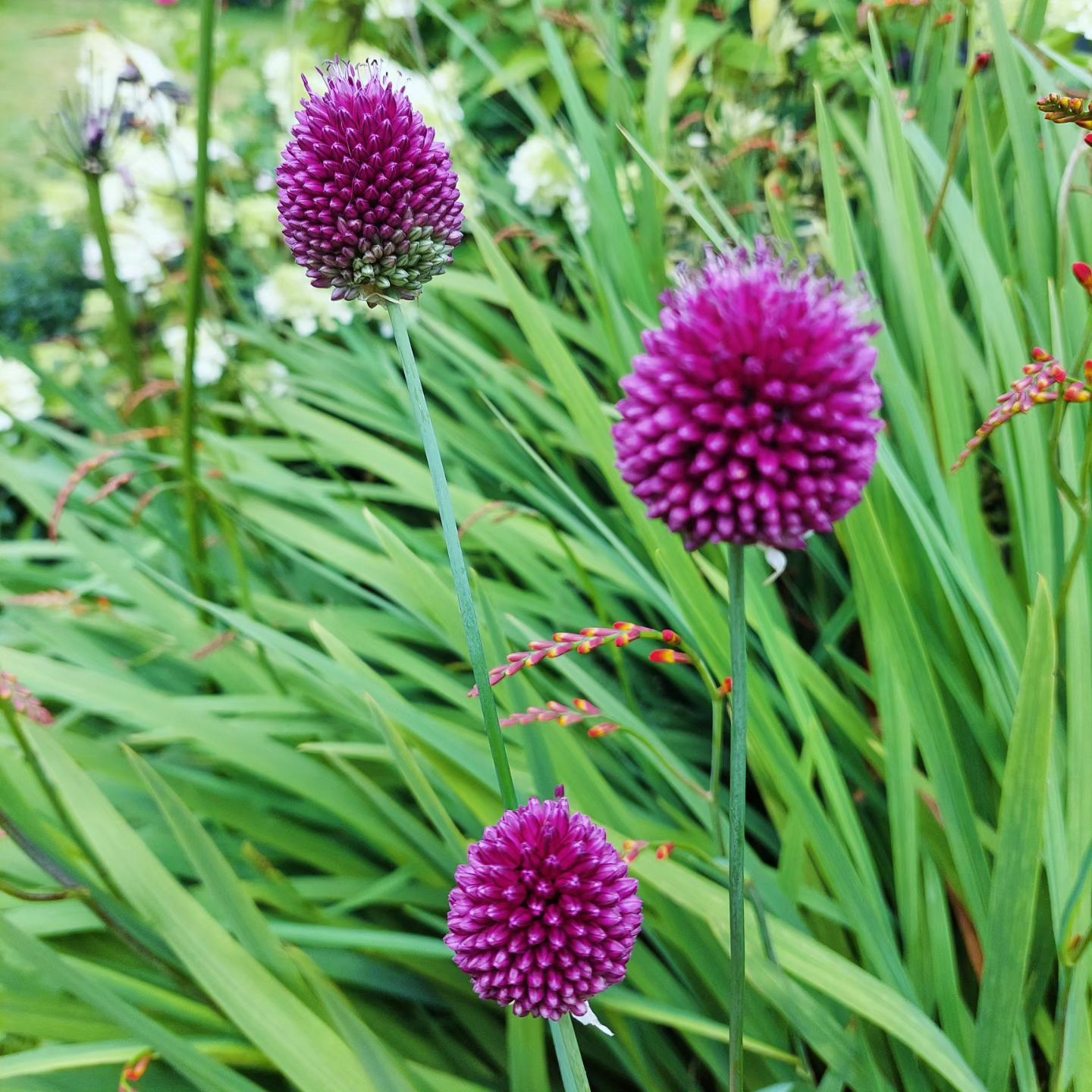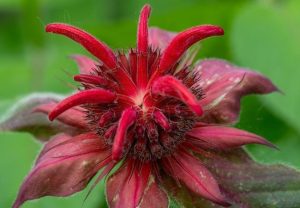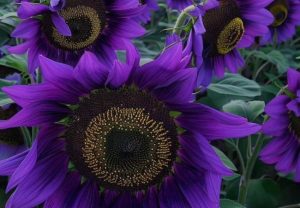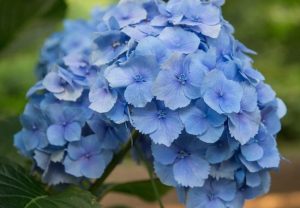Explore our guide to18 beautiful blooms starting with D. Discover the charm of Daffodils, Dahlias and more, with tips on growing and caring for these delightful flowers in your garden.
Flowers make our gardens look pretty. Some flowers have names that start with the letter D. Let’s learn about 18 of these lovely flowers and how to grow them.
1. Daffodil
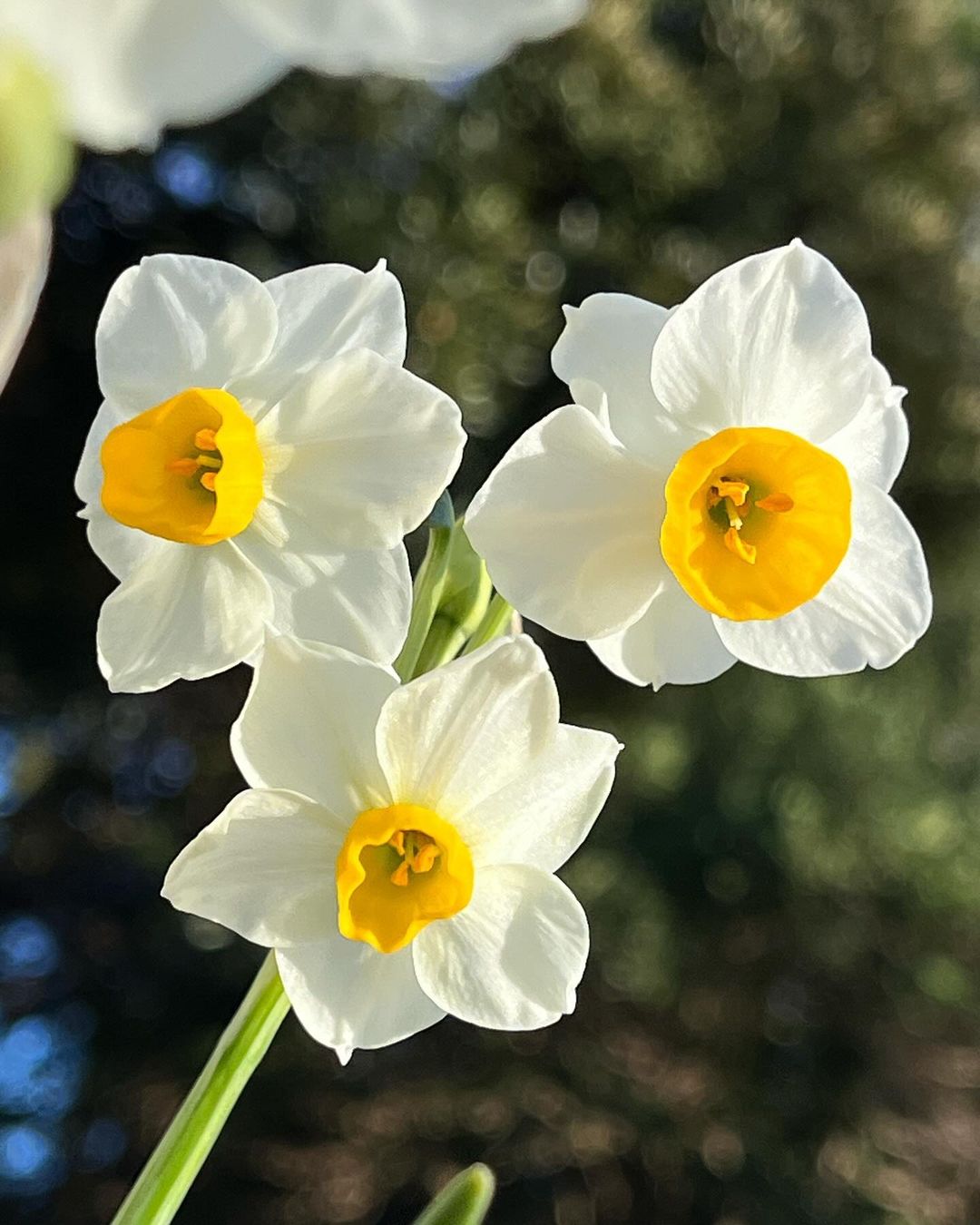
Here is the completed chart with detailed information about the Daffodil flower:
| Category | Details |
|---|---|
| Botanical Name | Narcissus |
| Common Name | Daffodil |
| Plant Zone | 5-11 |
| Sun Exposure | Full sun to partial shade |
| Soil Type | Well-drained, moderately fertile |
| Watering | Moderate, keep soil moist |
| Growth Habit | Clump-forming |
| Height/Spread | 6-20 inches tall, 6-12 inches wide |
| Special Features | Deer-resistant, long-lasting blooms, excellent for naturalizing |
Daffodils are bright yellow flowers that bloom in spring. They grow from bulbs and come back every year. Daffodils are easy to grow and can make your garden look sunny.
2. Dahlia
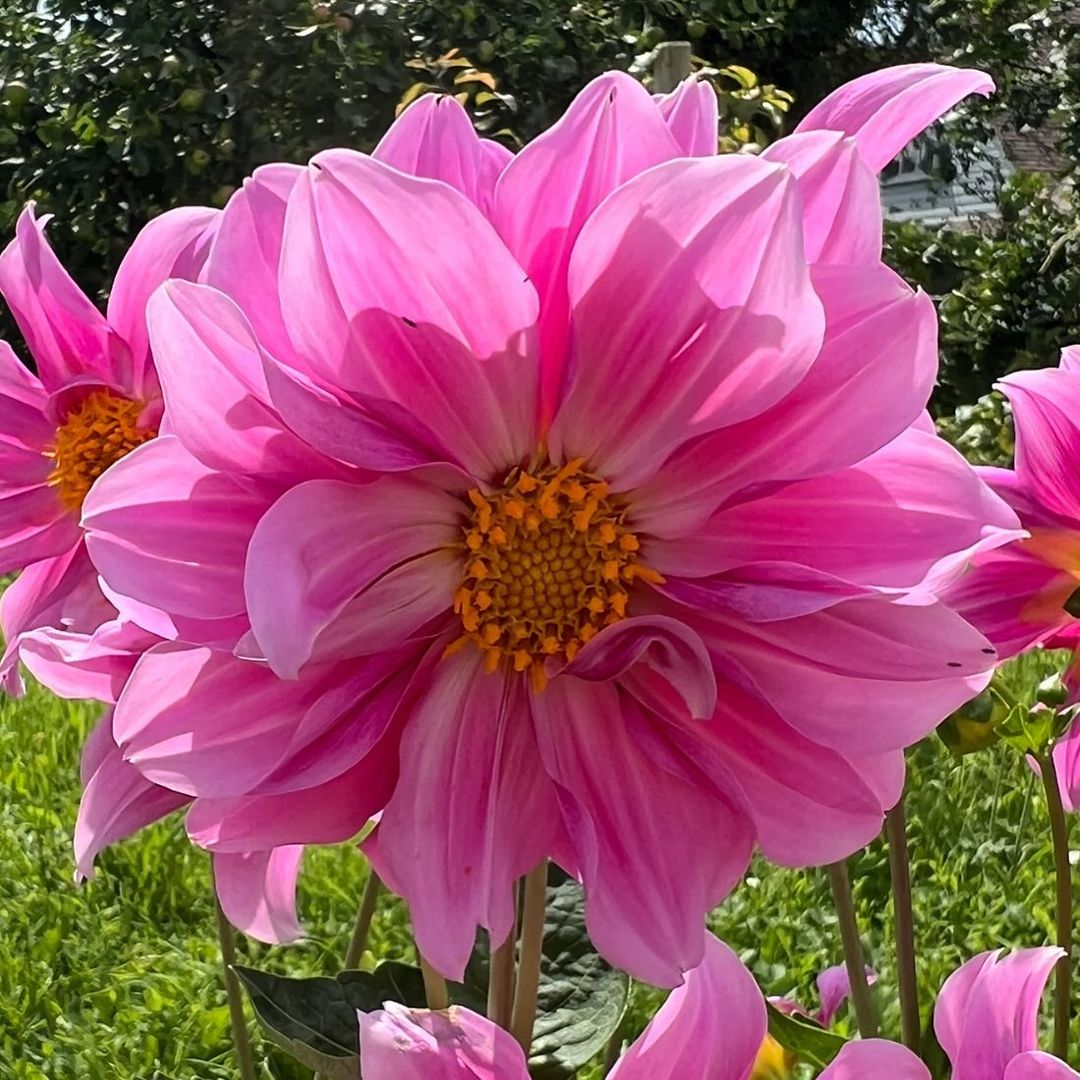
Here is a completed chart with detailed information about the Dahlia flower:
| Category | Details |
|---|---|
| Botanical Name | Dahlia |
| Common Name | Dahlia |
| Plant Zone | 8-10 (can be grown as annuals in colder zones) |
| Sun Exposure | Full sun |
| Soil Type | Well-drained, rich, and fertile |
| Watering | Regular, keep soil consistently moist but not waterlogged |
| Growth Habit | Bushy, upright |
| Height/Spread | 1-6 feet tall, 1-3 feet wide |
| Special Features | Wide variety of colors and forms, attracts pollinators, excellent for cut flowers |
Dahlias have big, colorful flowers. They come in many shapes and colors. Dahlias like full sun and bloom in late summer.
3. Daisy

Here is a completed chart with detailed information about the Daisy flower:
| Category | Details |
|---|---|
| Botanical Name | Bellis perennis (common daisy) |
| Common Name | Daisy |
| Plant Zone | 4-8 |
| Sun Exposure | Full sun to partial shade |
| Soil Type | Well-drained, moderately fertile |
| Watering | Moderate, keep soil moist but not soggy |
| Growth Habit | Clump-forming, spreading |
| Height/Spread | 6-12 inches tall, 6-12 inches wide |
| Special Features | Low maintenance, attracts pollinators, good for borders and containers |
Daisies are simple flowers with white petals and yellow centers. They are easy to grow and bloom for a long time. Daisies make great cut flowers for your home.
4. Delphinium
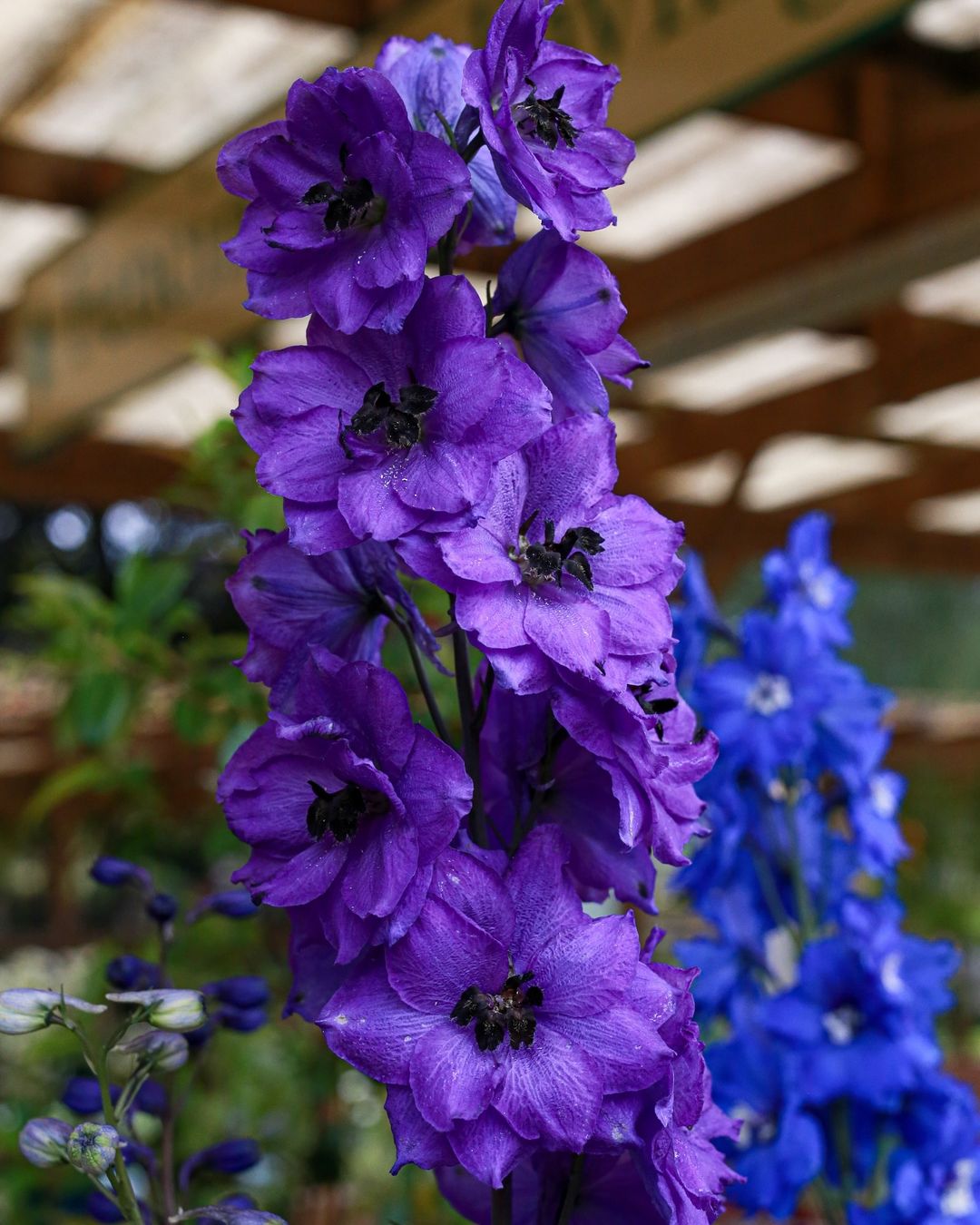
Here is a completed chart with detailed information about the Delphinium flower:
| Category | Details |
|---|---|
| Botanical Name | Delphinium |
| Common Name | Delphinium |
| Plant Zone | 3-7 |
| Sun Exposure | Full sun |
| Soil Type | Well-drained, rich, and fertile |
| Watering | Regular, keep soil consistently moist but not waterlogged |
| Growth Habit | Upright, tall spikes |
| Height/Spread | 2-6 feet tall, 1-2 feet wide |
| Special Features | Attractive to pollinators, stunning tall flower spikes, ideal for back of borders, needs staking in windy areas |
Delphiniums are tall flowers with blue, purple, or white blooms. They look great in the back of a garden. Delphiniums need support to grow straight.
5. Dianthus
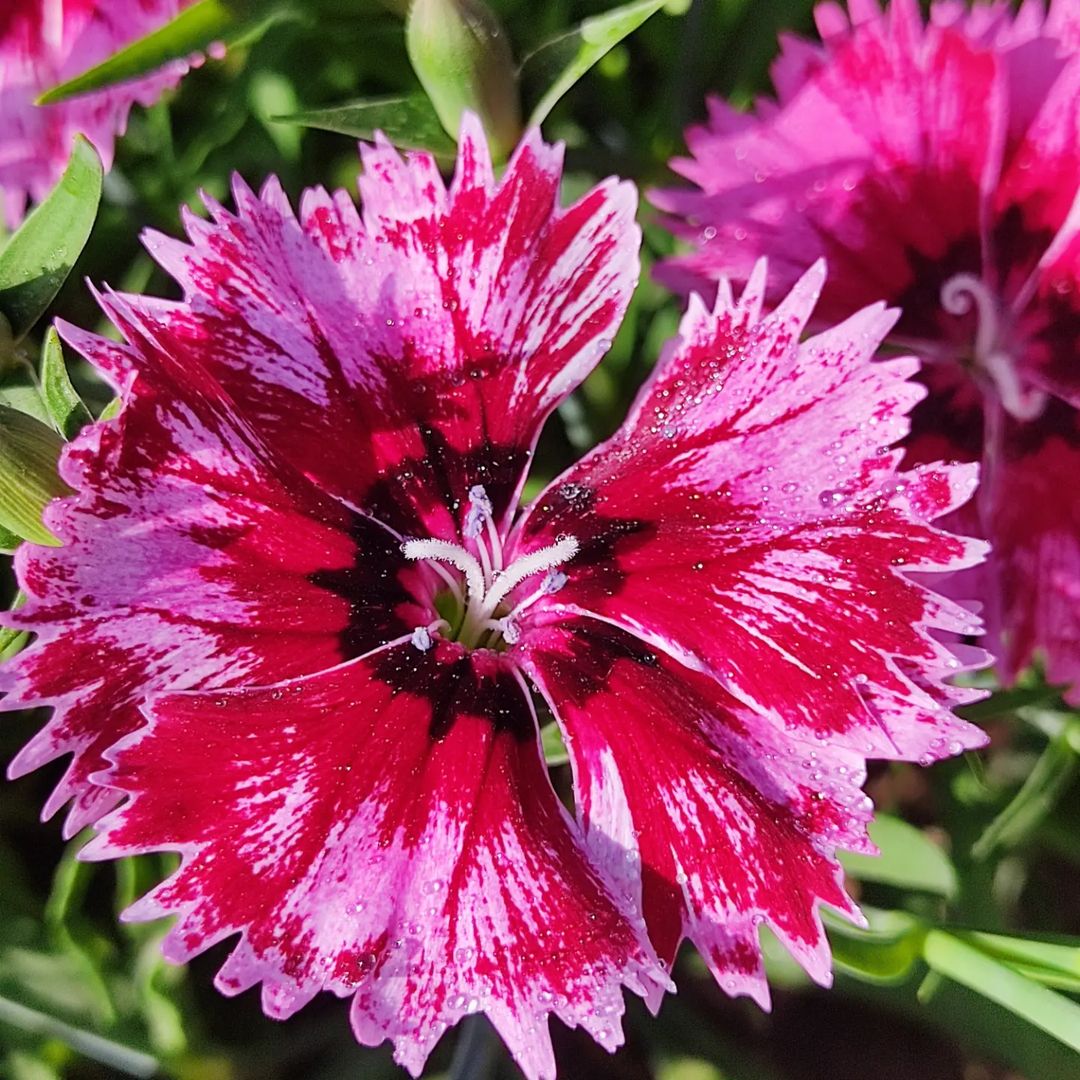
Here is a completed chart with detailed information about Dianthus flowers:
| Category | Details |
|---|---|
| Botanical Name | Dianthus |
| Common Name | Pinks, Carnations, Sweet William |
| Plant Zone | 3-9 |
| Sun Exposure | Full sun |
| Soil Type | Well-drained, neutral to slightly alkaline |
| Watering | Moderate, avoid waterlogging |
| Growth Habit | Clump-forming, mounding |
| Height/Spread | 6-24 inches tall, 6-12 inches wide |
| Special Features | Fragrant, attracts butterflies, long blooming period, excellent for borders and rock gardens |
Dianthus flowers are small and often have a sweet smell. They can be pink, red, or white. Some types of Dianthus are called Carnations.
6. Daylily
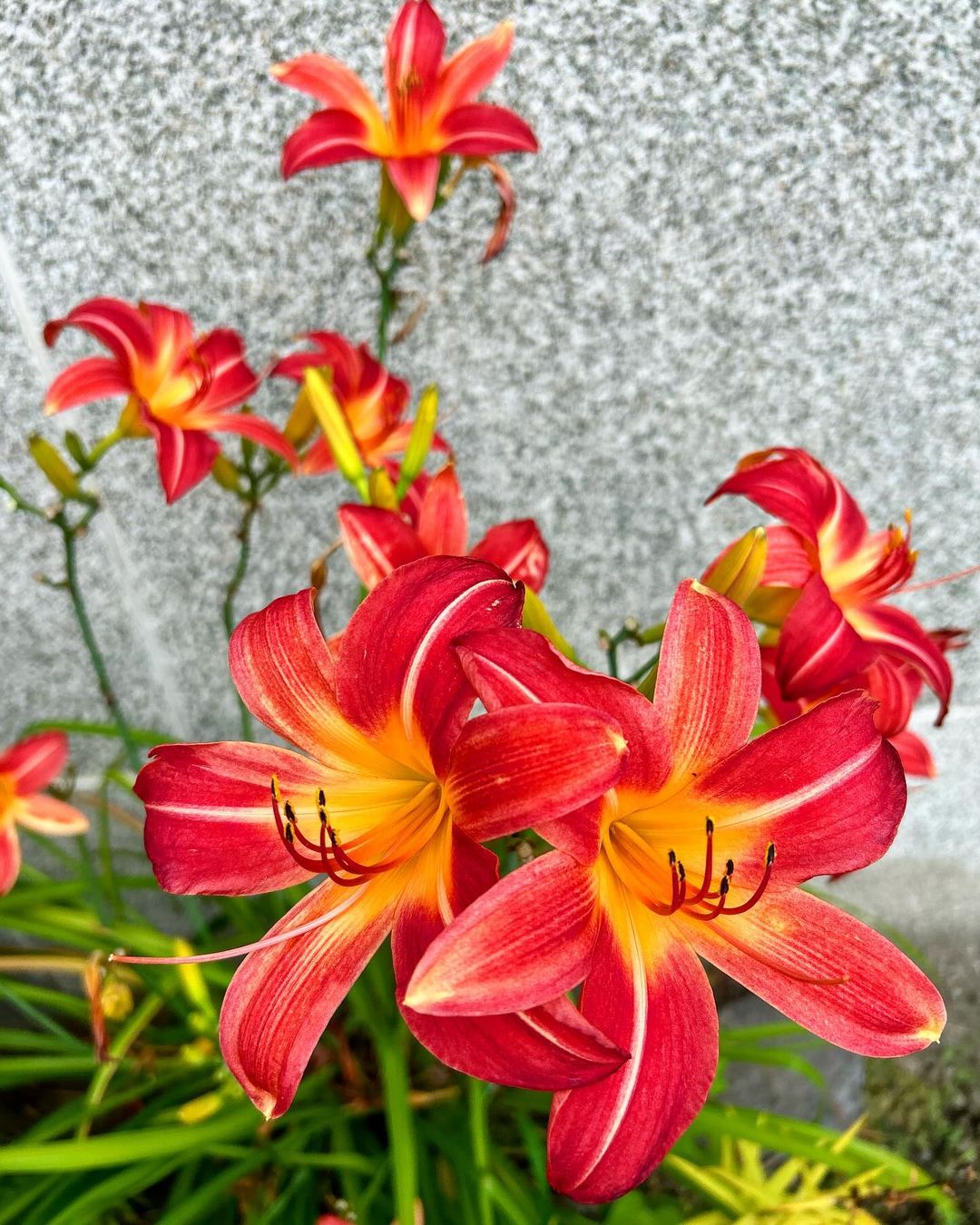
Here is a completed chart with detailed information about the Daylily flower:
| Category | Details |
|---|---|
| Botanical Name | Hemerocallis |
| Common Name | Daylily |
| Plant Zone | 3-9 |
| Sun Exposure | Full sun to partial shade |
| Soil Type | Well-drained, adaptable to various soil types |
| Watering | Moderate, drought-tolerant once established |
| Growth Habit | Clump-forming, arching leaves |
| Height/Spread | 1-4 feet tall, 1-3 feet wide |
| Special Features | Low maintenance, blooms last only one day but plant produces many flowers, attracts pollinators, resistant to pests and diseases |
Daylilies are tough flowers that grow well in many places. Each flower lasts only one day, but the plant makes many flowers. Daylilies come in lots of colors.
7. Dogwood
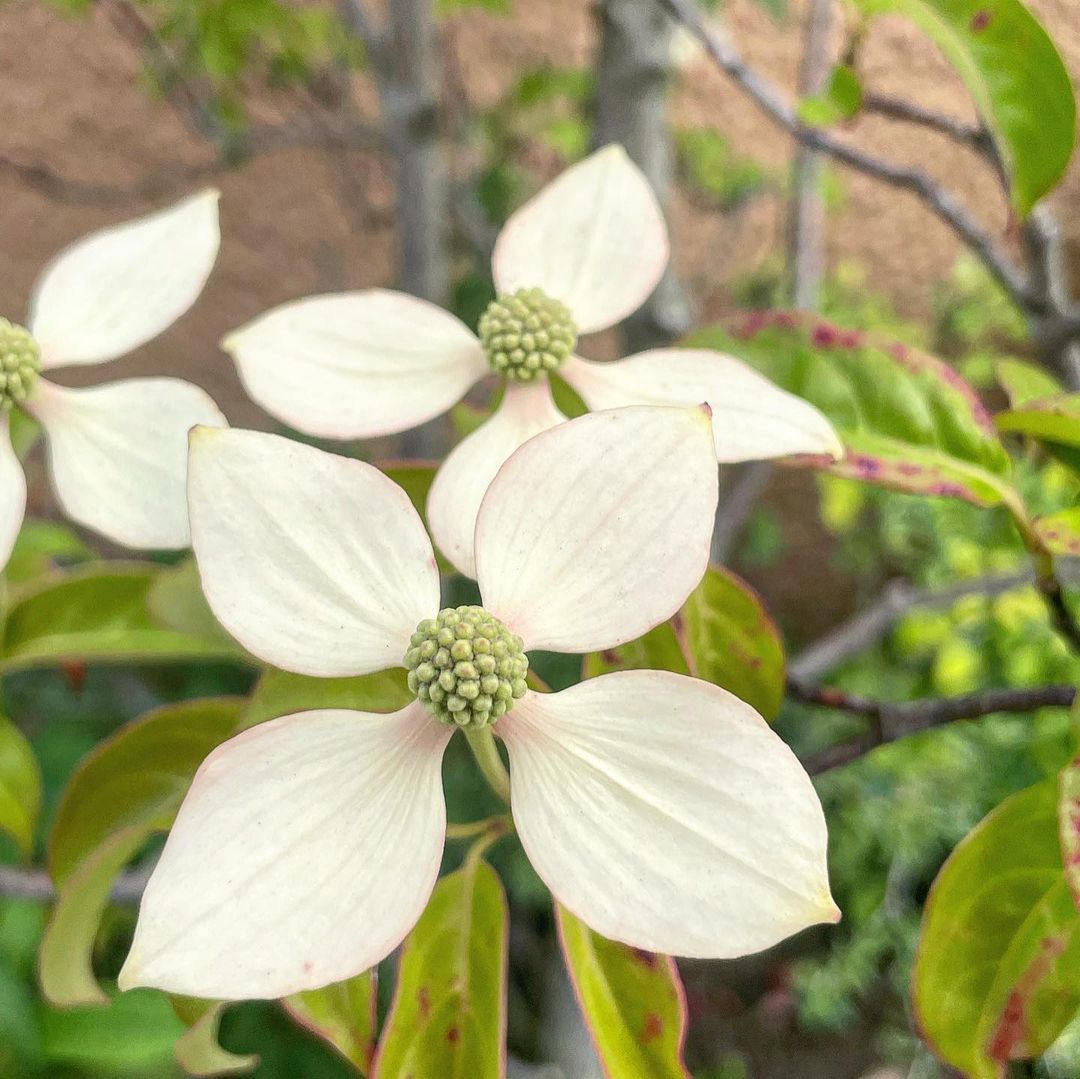
Here is a completed chart with detailed information about the Dogwood tree:
| Category | Details |
|---|---|
| Botanical Name | Cornus |
| Common Name | Dogwood |
| Plant Zone | 3-9 |
| Sun Exposure | Full sun to partial shade |
| Soil Type | Well-drained, rich, slightly acidic |
| Watering | Regular, keep soil consistently moist |
| Growth Habit | Upright, spreading |
| Height/Spread | 15-30 feet tall, 15-30 feet wide |
| Special Features | Showy flowers, attractive foliage, colorful fall foliage, ornamental berries, good for wildlife gardens |
Dogwood is a tree with pretty flowers. The flowers can be white or pink. Dogwoods are good for small gardens and give shade.
8. Dutchman’s Breeches
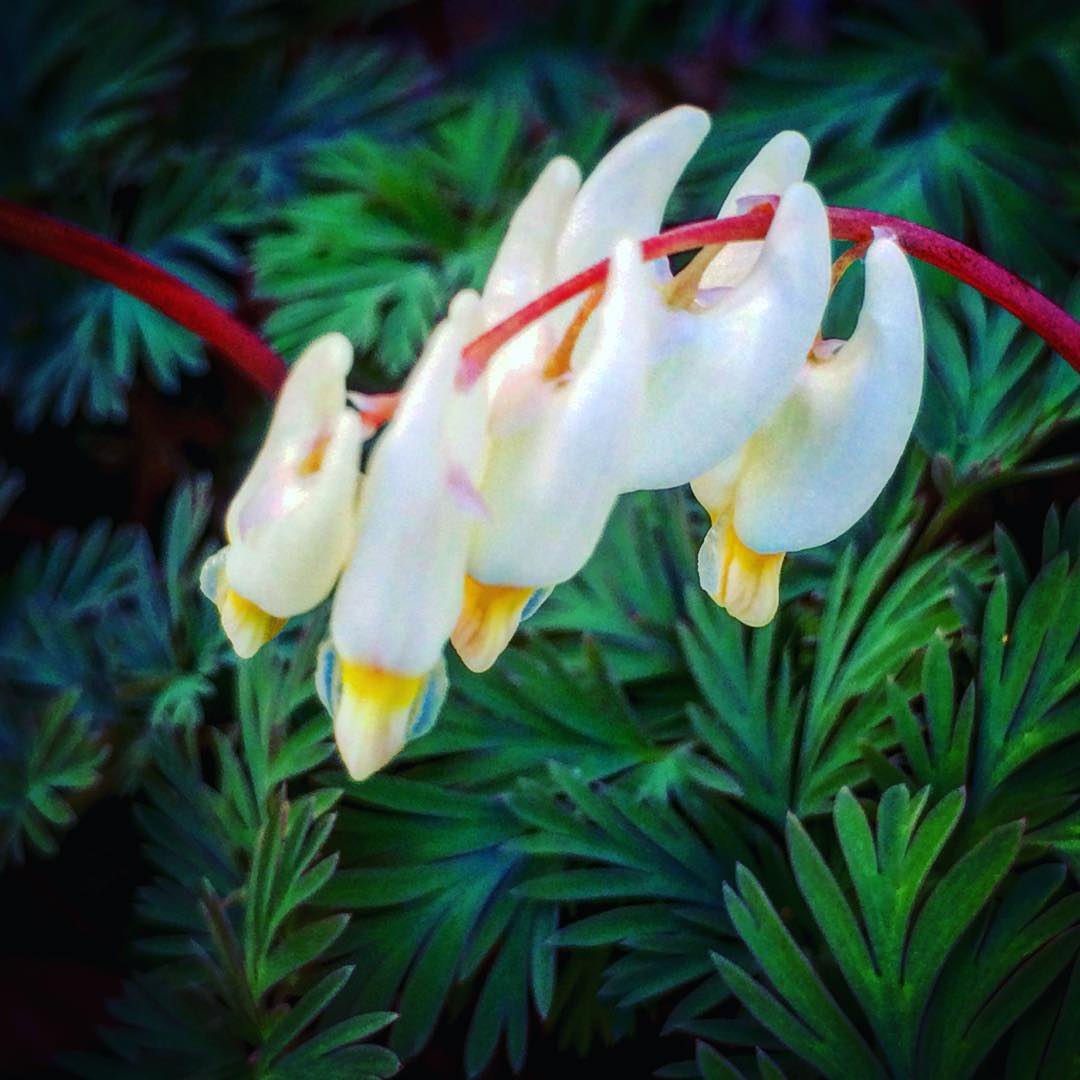
Here is a completed chart with detailed information about Dutchman’s Breeches:
| Category | Details |
|---|---|
| Botanical Name | Dicentra cucullaria |
| Common Name | Dutchman’s Breeches |
| Plant Zone | 3-7 |
| Sun Exposure | Partial shade to full shade |
| Soil Type | Well-drained, humus-rich, slightly acidic |
| Watering | Moderate, keep soil moist during growing season |
| Growth Habit | Clump-forming, low-growing |
| Height/Spread | 6-12 inches tall, 6-12 inches wide |
| Special Features | Unique, heart-shaped flowers, early spring bloomer, attracts pollinators, deer-resistant |
Dutchman’s Breeches are spring flowers that look like little white pants. They grow in shady woods and are native to North America.
9. Dame’s Rocket
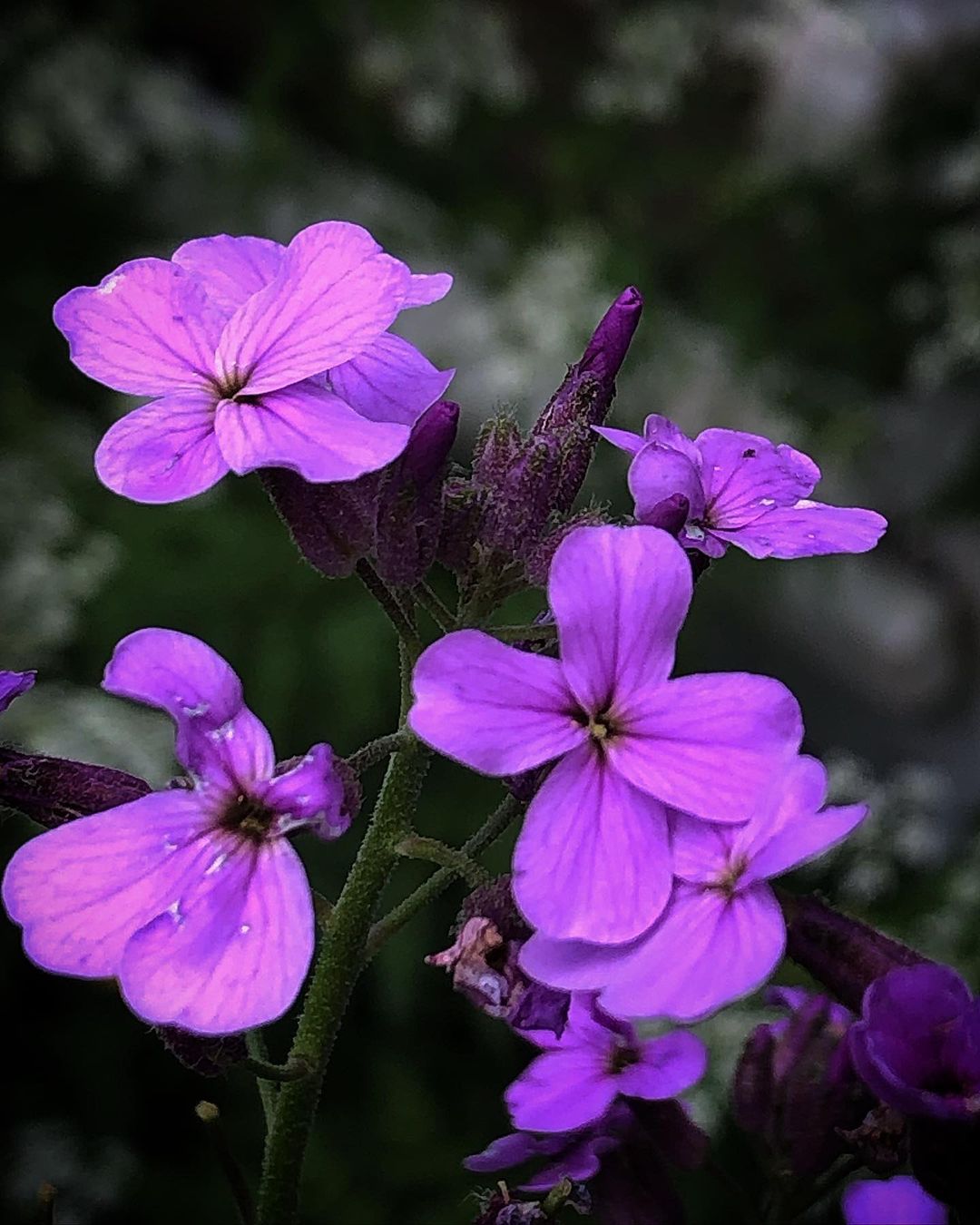
Here is a completed chart with detailed information about the Dame’s Rocket flower:
| Category | Details |
|---|---|
| Botanical Name | Hesperis matronalis |
| Common Name | Dame’s Rocket |
| Plant Zone | 3-8 |
| Sun Exposure | Full sun to partial shade |
| Soil Type | Well-drained, fertile |
| Watering | Moderate, keep soil evenly moist |
| Growth Habit | Upright, branching |
| Height/Spread | 2-4 feet tall, 1-2 feet wide |
| Special Features | Fragrant flowers, attracts pollinators, self-seeds readily, blooms in late spring to early summer |
Dame’s Rocket has purple or white flowers that smell nice at night. It’s easy to grow but can spread fast. Some places think it’s a weed.
10. Dandelion
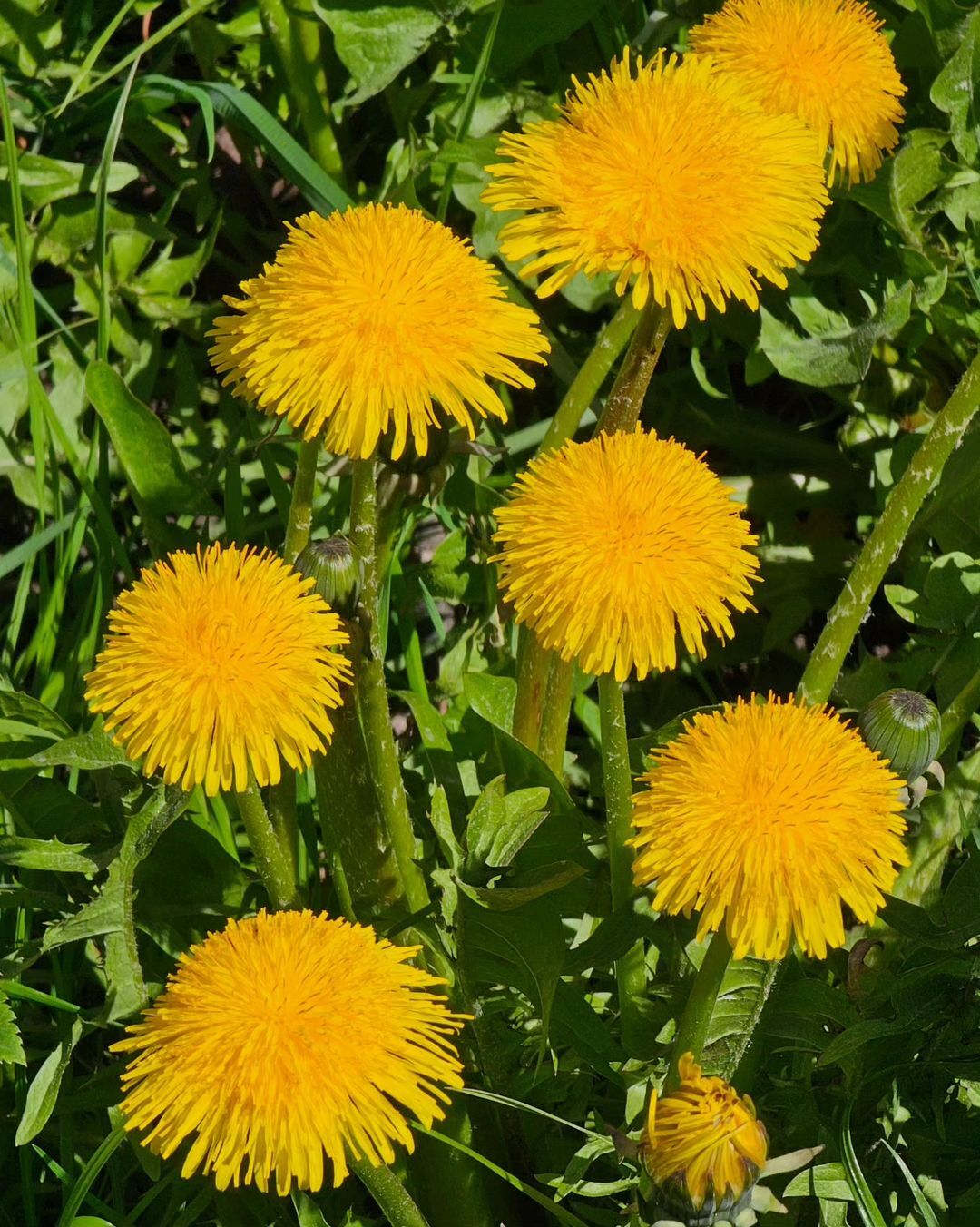
Here is a completed chart with detailed information about the Dandelion flower:
| Category | Details |
|---|---|
| Botanical Name | Taraxacum officinale |
| Common Name | Dandelion |
| Plant Zone | 3-10 |
| Sun Exposure | Full sun to partial shade |
| Soil Type | Well-drained, adaptable to various soil types |
| Watering | Low to moderate, drought-tolerant |
| Growth Habit | Rosette-forming, taprooted |
| Height/Spread | 6-12 inches tall, 6-12 inches wide |
| Special Features | Edible leaves and roots, medicinal properties, attracts pollinators, self-seeds readily |
Dandelions have yellow flowers that turn into fluffy white seeds. Many people think they’re weeds, but dandelions can be good for bees and are even edible.
11. Desert Rose
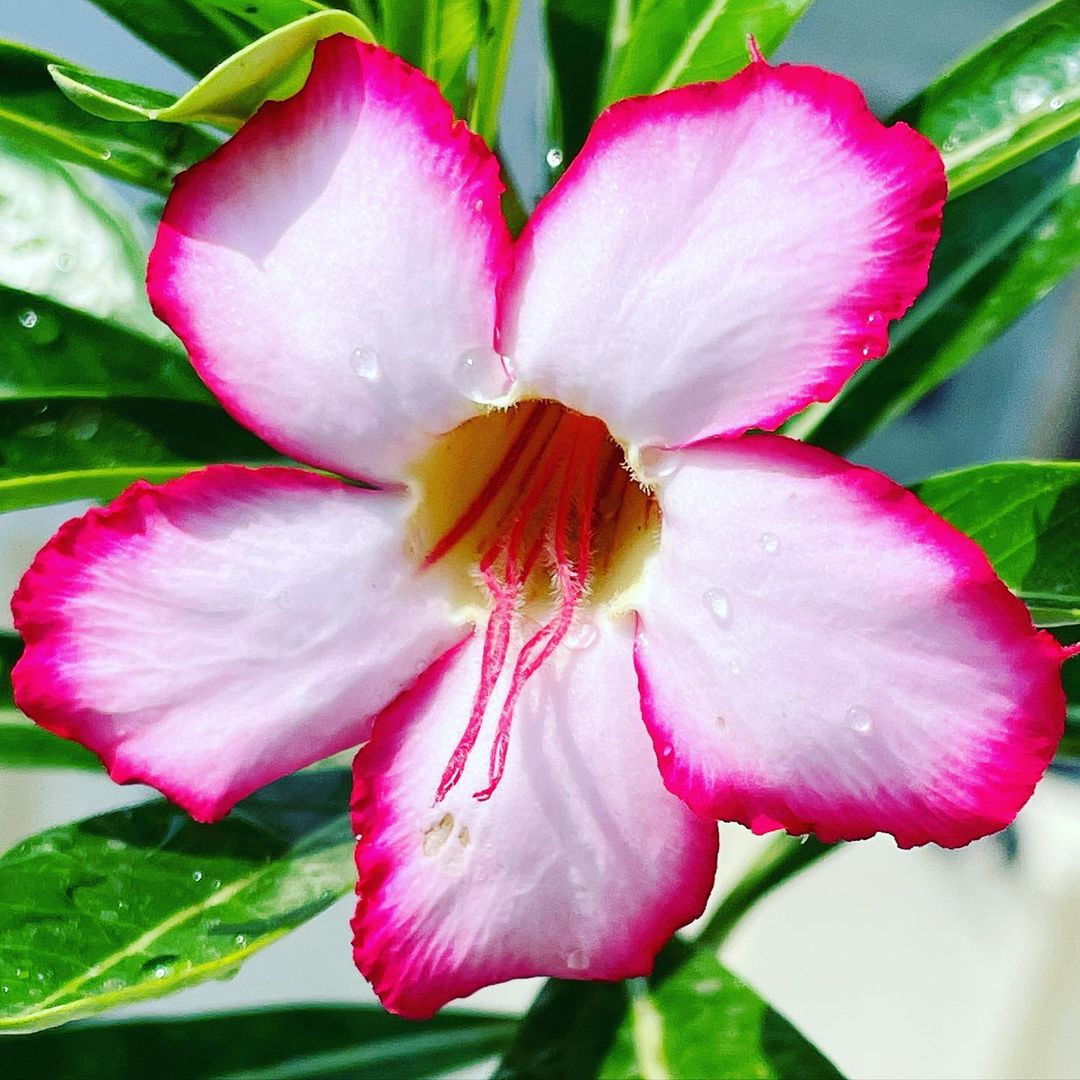
Here is a completed chart with detailed information about the Desert Rose:
| Category | Details |
|---|---|
| Botanical Name | Adenium obesum |
| Common Name | Desert Rose |
| Plant Zone | 10-11 (can be grown indoors in cooler zones) |
| Sun Exposure | Full sun |
| Soil Type | Well-drained, sandy or loamy |
| Watering | Low to moderate, allow soil to dry out between waterings |
| Growth Habit | Shrub-like, succulent trunk |
| Height/Spread | 2-3 feet tall, 2-3 feet wide |
| Special Features | Showy, tubular flowers, drought-tolerant, unique swollen trunk, ideal for container gardening |
Desert Rose is a plant with thick stems and pretty pink flowers. It likes hot, dry places and is often grown as a houseplant.
12. Drumstick Allium
Here is a completed chart with detailed information about Drumstick Allium:
| Category | Details |
|---|---|
| Botanical Name | Allium sphaerocephalon |
| Common Name | Drumstick Allium |
| Plant Zone | 4-8 |
| Sun Exposure | Full sun |
| Soil Type | Well-drained, moderately fertile |
| Watering | Moderate, allow soil to dry out between waterings |
| Growth Habit | Upright, clump-forming |
| Height/Spread | 18-24 inches tall, 6-12 inches wide |
| Special Features | Unique round flower heads resembling drumsticks, attracts pollinators, adds architectural interest to gardens |
Drumstick Allium has round purple flowers on tall stems. They look like little balls on sticks. These flowers are part of the onion family.
13. Dwarf Morning Glory
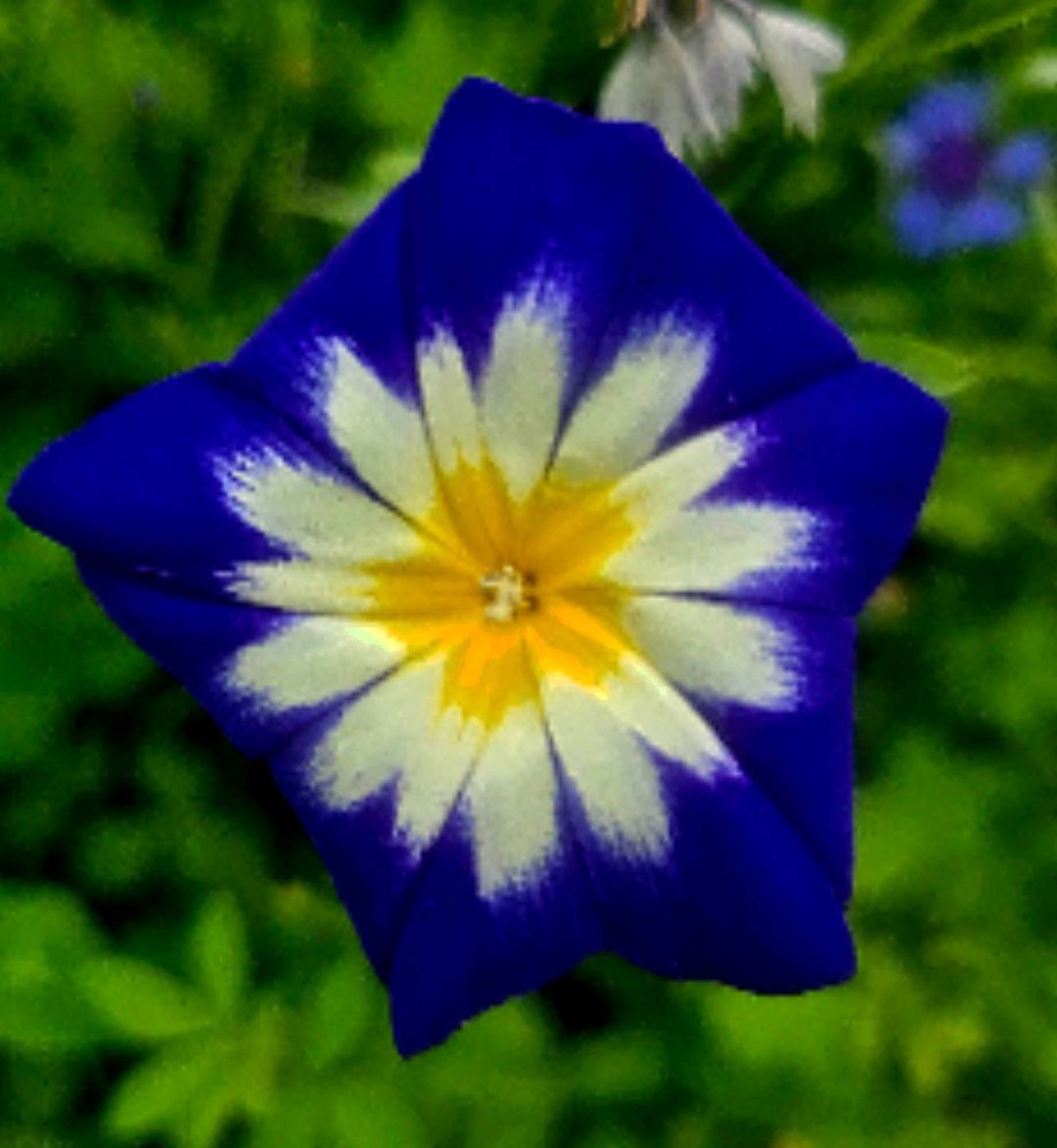
Here is a completed chart with detailed information about the Dwarf Morning Glory:
| Category | Details |
|---|---|
| Botanical Name | Convolvulus sabatius |
| Common Name | Dwarf Morning Glory |
| Plant Zone | 9-11 (can be grown as an annual in cooler zones) |
| Sun Exposure | Full sun to partial shade |
| Soil Type | Well-drained, sandy or loamy |
| Watering | Moderate, allow soil to dry out slightly between waterings |
| Growth Habit | Trailing or spreading |
| Height/Spread | 6-12 inches tall, 12-24 inches wide |
| Special Features | Bright, funnel-shaped flowers, excellent for hanging baskets and containers, low maintenance, attracts pollinators |
Dwarf Morning Glory has small blue or purple flowers that open in the morning. It’s good for hanging baskets or as a ground cover.
14. Dusty Miller
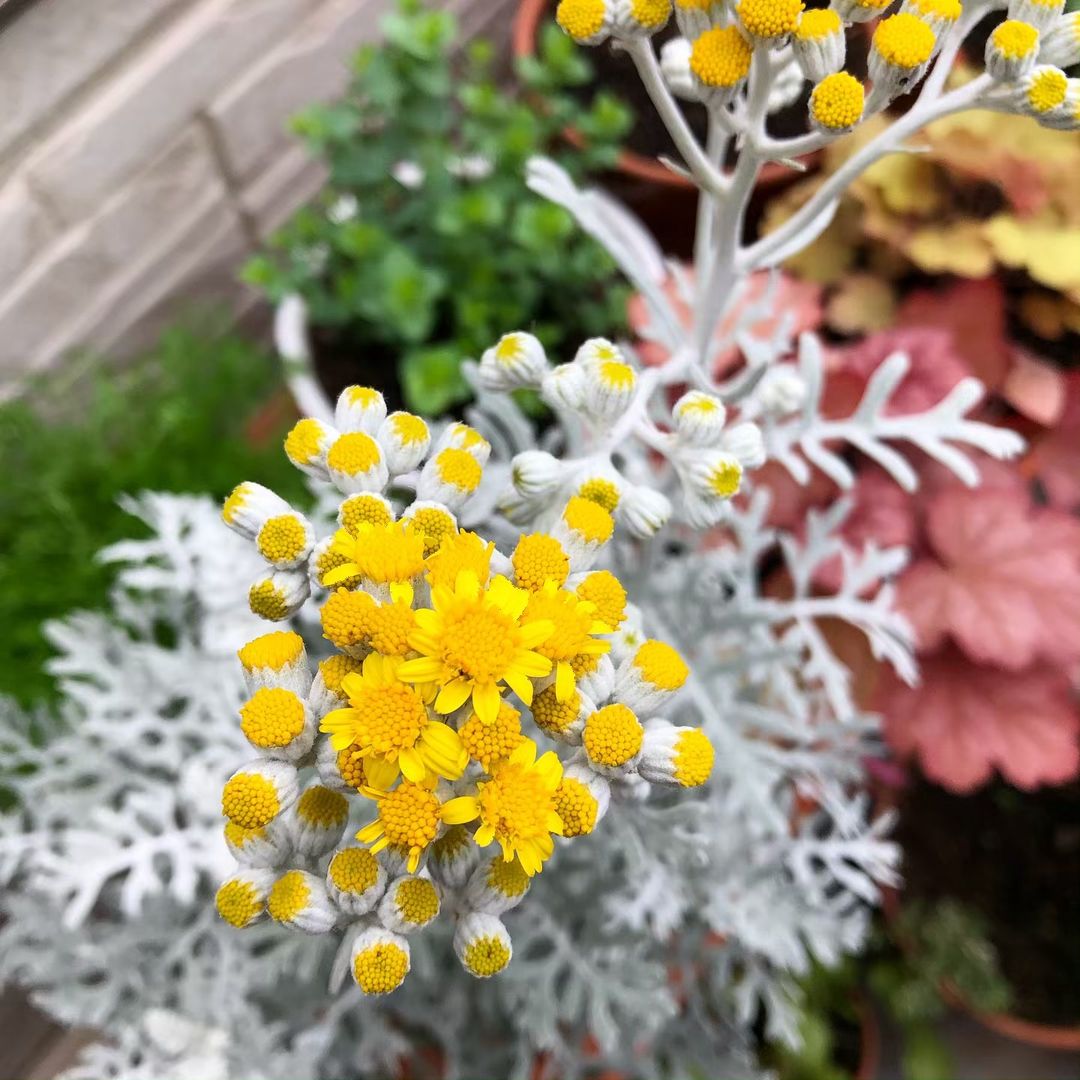
Here is a completed chart with detailed information about Dusty Miller:
| Category | Details |
|---|---|
| Botanical Name | Jacobaea maritima (formerly Senecio cineraria) |
| Common Name | Dusty Miller |
| Plant Zone | 7-10 |
| Sun Exposure | Full sun to partial shade |
| Soil Type | Well-drained, moderately fertile |
| Watering | Moderate, allow soil to dry out slightly between waterings |
| Growth Habit | Compact, mound-forming |
| Height/Spread | 6-12 inches tall, 12-18 inches wide |
| Special Features | Silvery, woolly foliage, low maintenance, good for borders and containers, drought-tolerant once established |
Dusty Miller is grown for its silvery-gray leaves. It has small yellow flowers but is mostly used for its pretty foliage. Dusty Miller is good for container gardens.
15. Daphne

Here is a completed chart with detailed information about Daphne:
| Category | Details |
|---|---|
| Botanical Name | Daphne spp. |
| Common Name | Daphne |
| Plant Zone | 4-9 |
| Sun Exposure | Partial shade to full sun |
| Soil Type | Well-drained, rich, acidic to neutral |
| Watering | Regular, keep soil consistently moist but not waterlogged |
| Growth Habit | Compact, shrub-like |
| Height/Spread | 2-4 feet tall, 3-4 feet wide |
| Special Features | Fragrant flowers, attractive evergreen foliage, often used as an ornamental shrub, requires good drainage and protection from harsh conditions |
Daphne is a bush with small, very fragrant flowers. It can be pink or white. Daphne likes partial shade and well-drained soil.
16. Dragon Flower
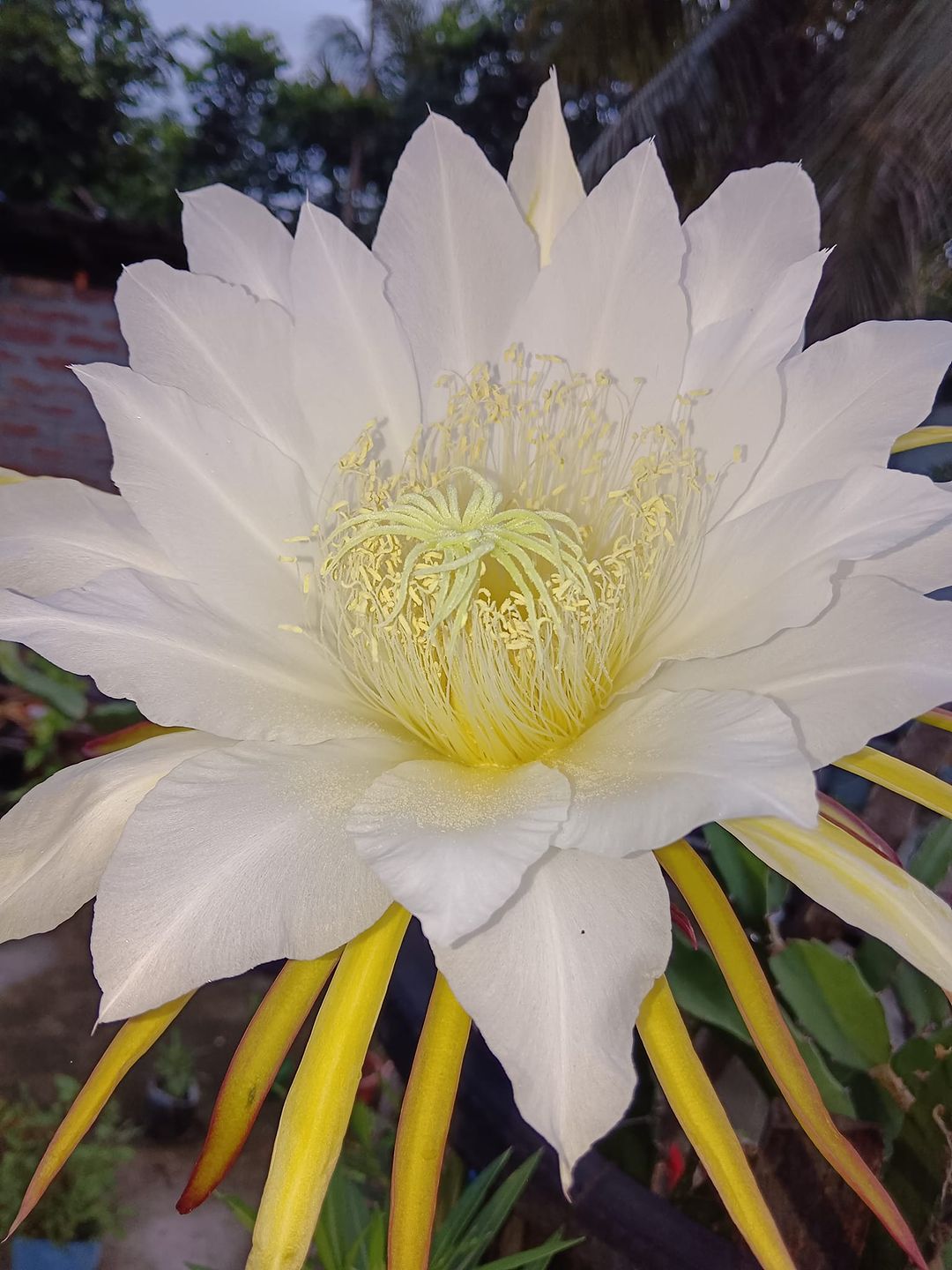
Here is a completed chart with detailed information about the Dragon Flower:
| Category | Details |
|---|---|
| Botanical Name | Canna indica (common Dragon Flower) |
| Common Name | Dragon Flower |
| Plant Zone | 8-11 (can be grown as an annual in cooler zones) |
| Sun Exposure | Full sun |
| Soil Type | Well-drained, rich, and fertile |
| Watering | Regular, keep soil consistently moist |
| Growth Habit | Upright, clumping |
| Height/Spread | 3-6 feet tall, 2-4 feet wide |
| Special Features | Vibrant, tropical-looking flowers, large decorative leaves, adds dramatic color to gardens, attracts pollinators |
Dragon Flower, also called Snapdragon, has flowers that look like little dragon mouths. They come in many colors and are fun for kids to pinch and open.
17. Datura
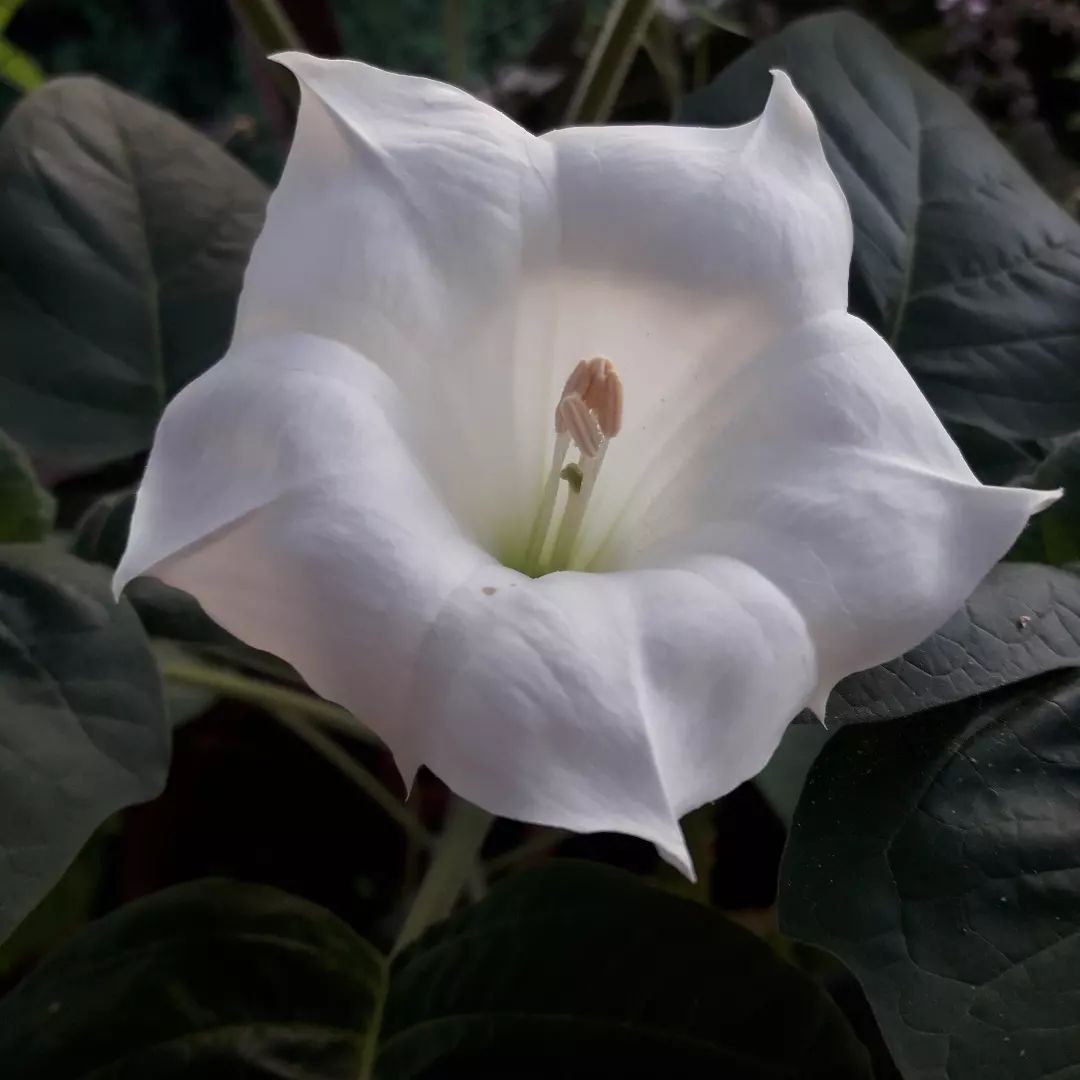
Here is a completed chart with detailed information about Datura:
| Category | Details |
|---|---|
| Botanical Name | Datura spp. |
| Common Name | Datura, Devil’s Trumpet, Angel’s Trumpet |
| Plant Zone | 9-11 (can be grown as an annual in cooler zones) |
| Sun Exposure | Full sun |
| Soil Type | Well-drained, rich, and fertile |
| Watering | Regular, keep soil consistently moist but not waterlogged |
| Growth Habit | Upright, bushy |
| Height/Spread | 2-6 feet tall, 2-4 feet wide |
| Special Features | Large, trumpet-shaped flowers, often fragrant, attracts pollinators, can be toxic if ingested, needs ample space to grow |
Datura has big trumpet-shaped flowers that open at night. The flowers smell nice but the plant is poisonous, so be careful.
18. Dahlia Pinnata
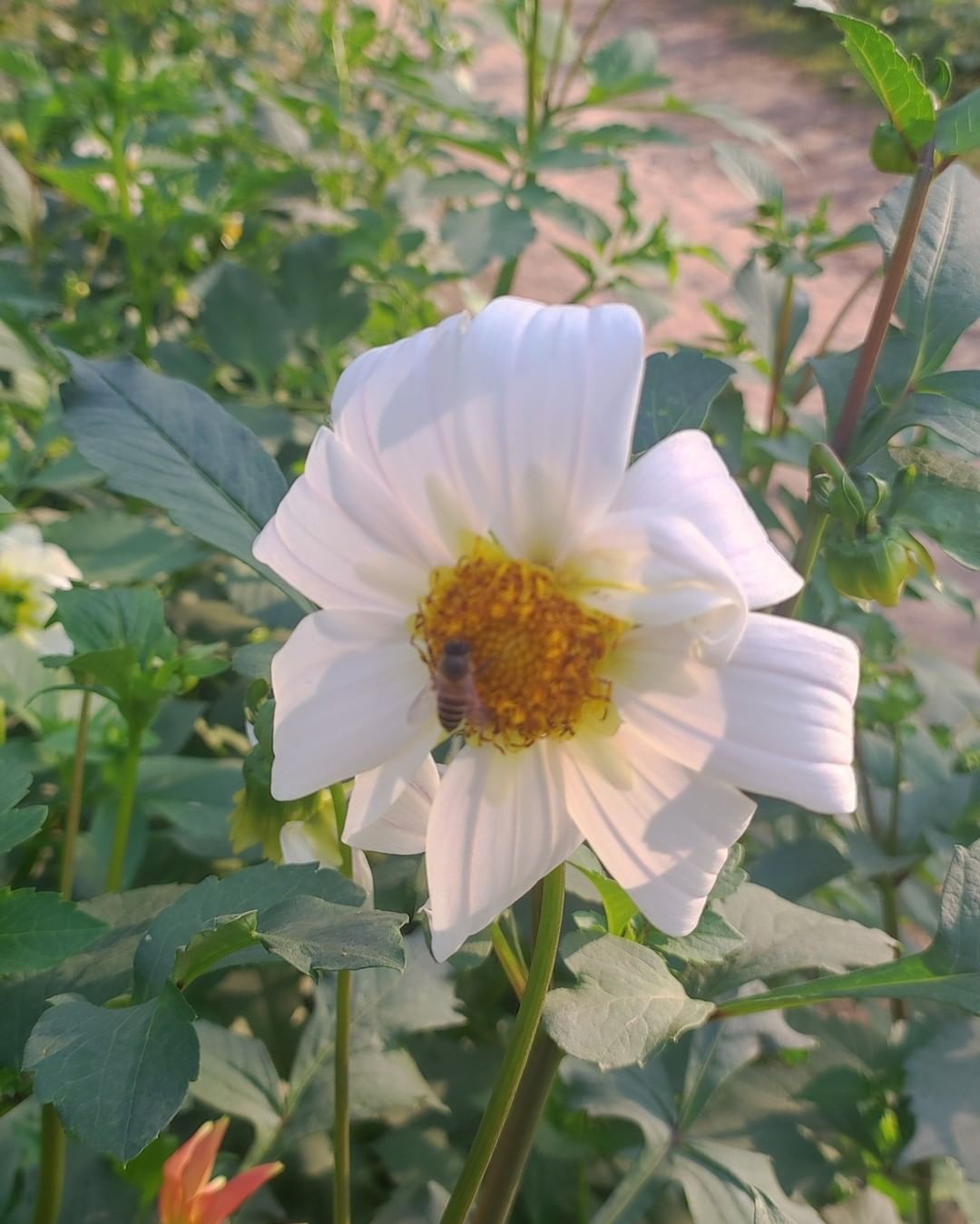
Here is a completed chart with detailed information about Dahlia pinnata:
| Category | Details |
|---|---|
| Botanical Name | Dahlia pinnata |
| Common Name | Garden Dahlia |
| Plant Zone | 8-11 (can be grown as an annual in cooler zones) |
| Sun Exposure | Full sun |
| Soil Type | Well-drained, rich, and fertile |
| Watering | Regular, keep soil consistently moist |
| Growth Habit | Upright, bushy |
| Height/Spread | 2-4 feet tall, 1-3 feet wide |
| Special Features | Large, showy flowers in a range of colors, long blooming period, good for cut flowers, needs staking in windy areas |
- wers like full sun, others like shade. Plant them in the right spot.
- Water right: Don’t water too much or too little. Learn what each flower needs.
- Deadhead: Cut off dead flowers to make the plant bloom more.
- Protect from pests: Watch for bugs and diseases. Ask for help if you’re not sure what’s wrong.
Growing flowers is fun and makes your home look nice. Try some of these D flowers in your garden!
